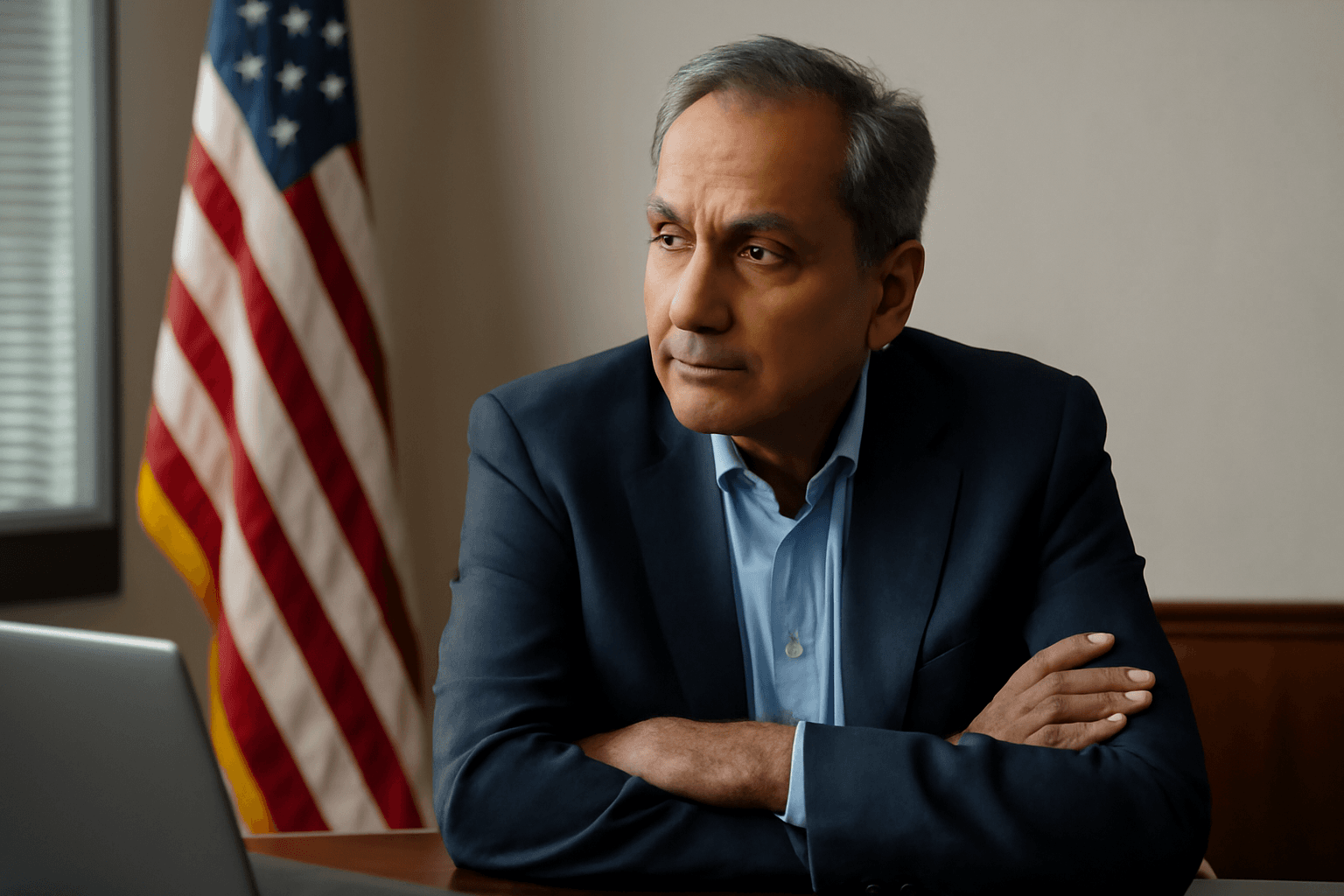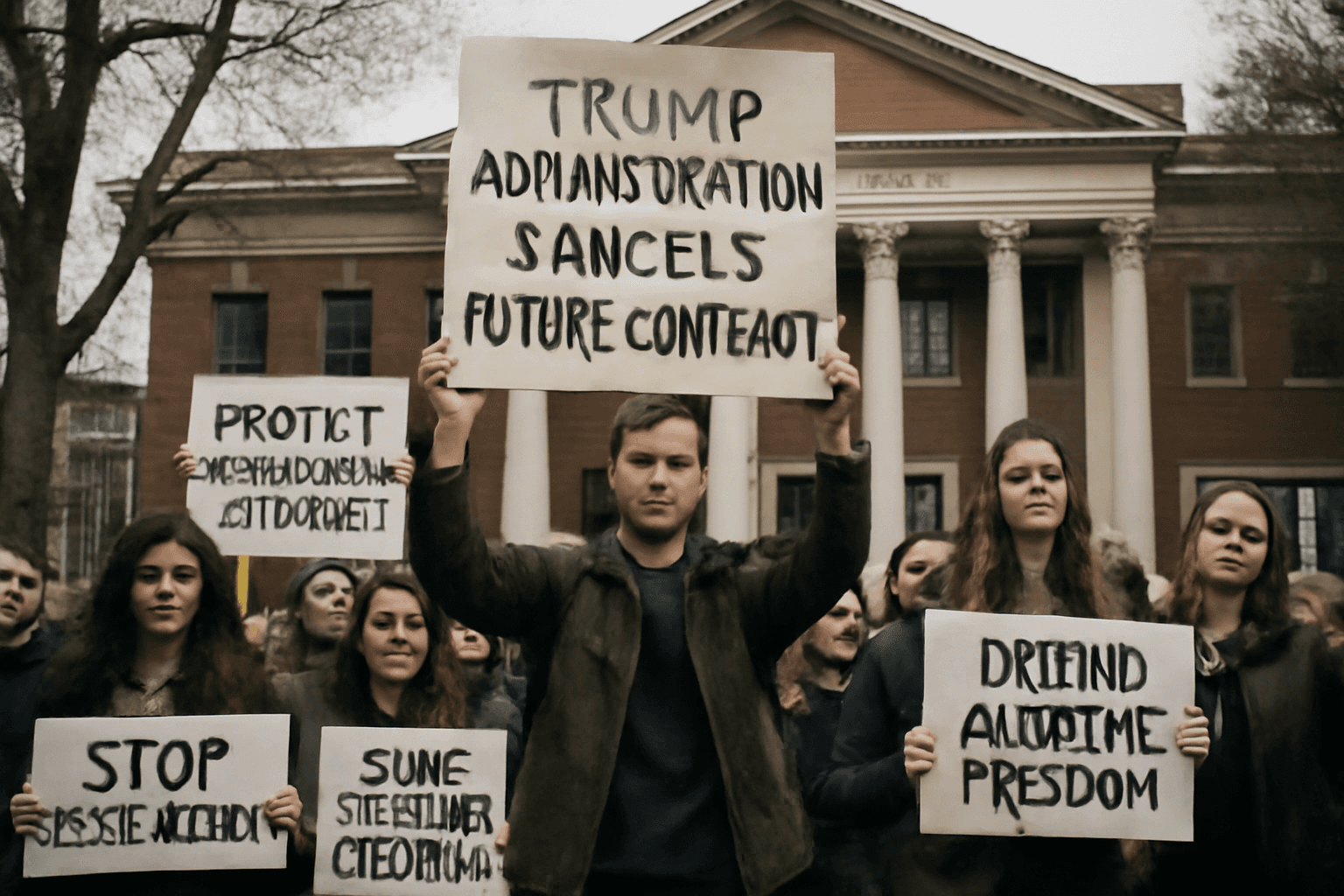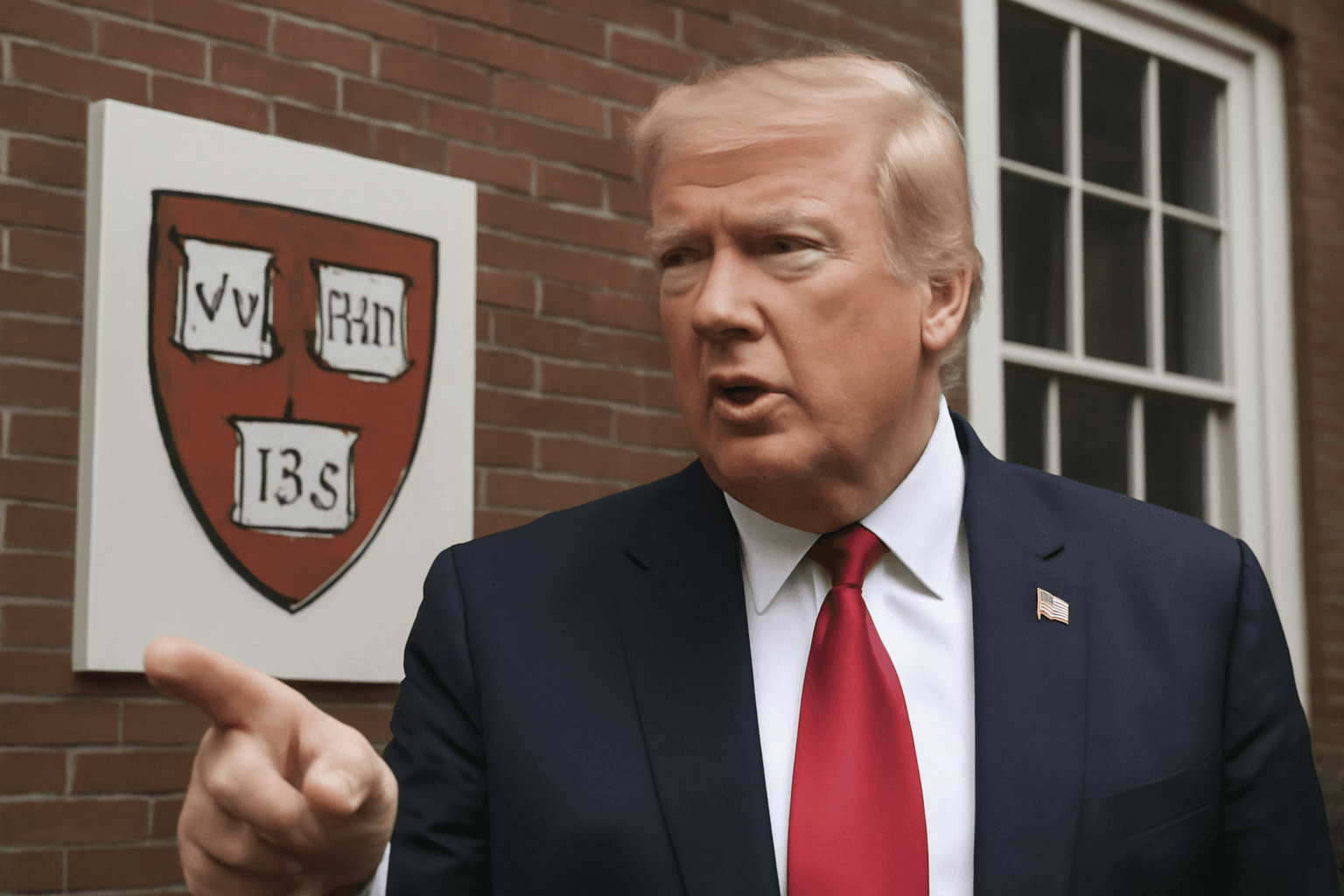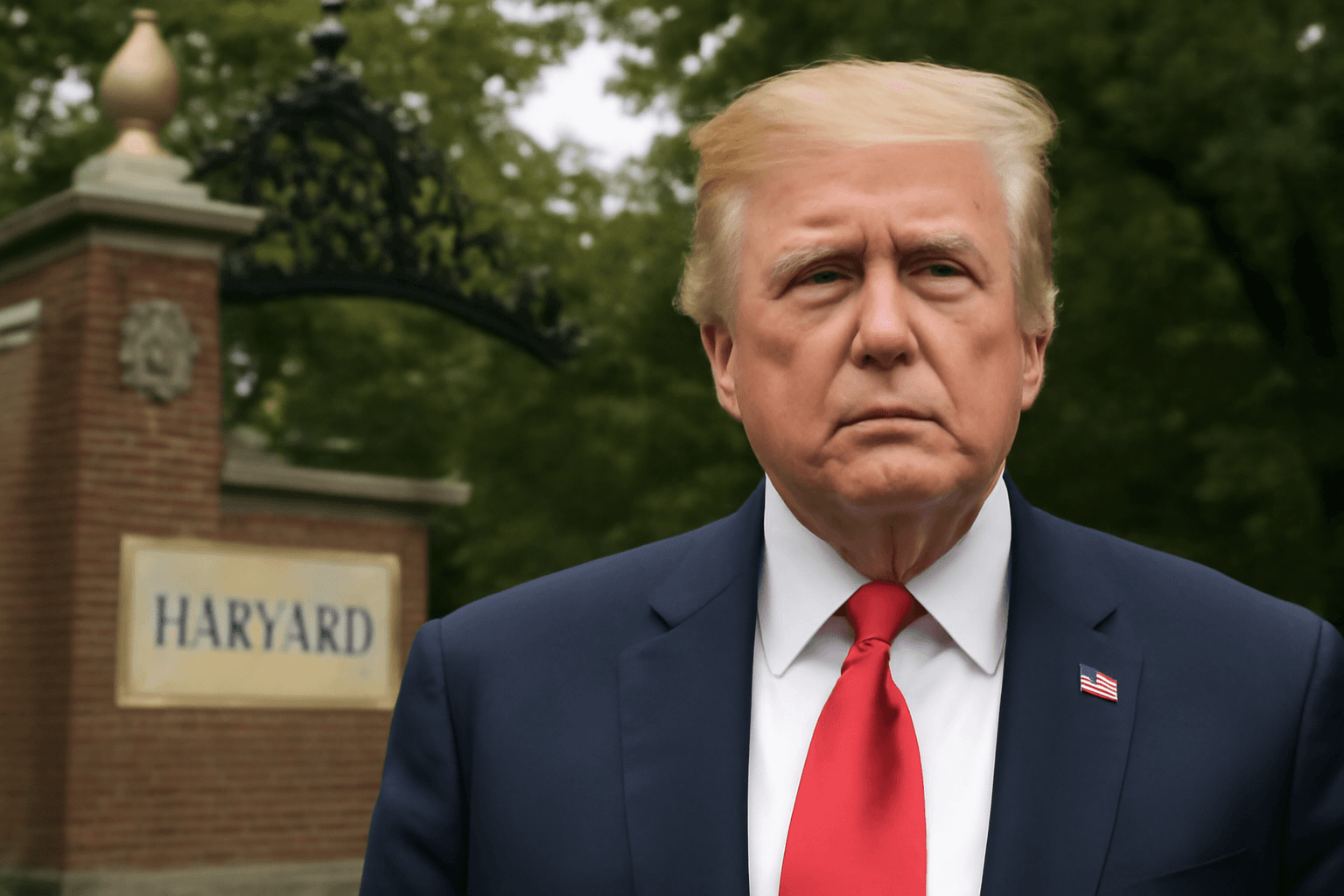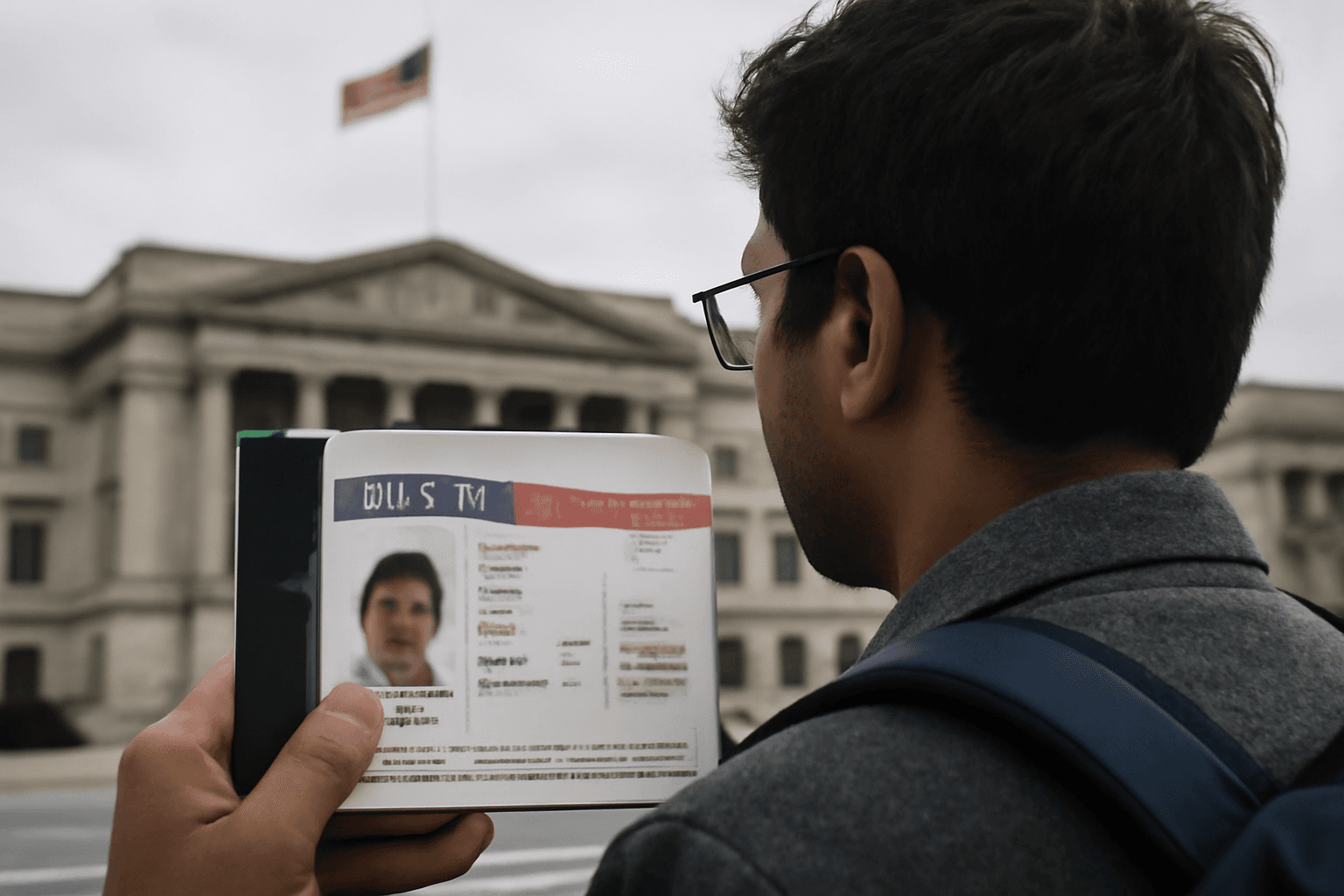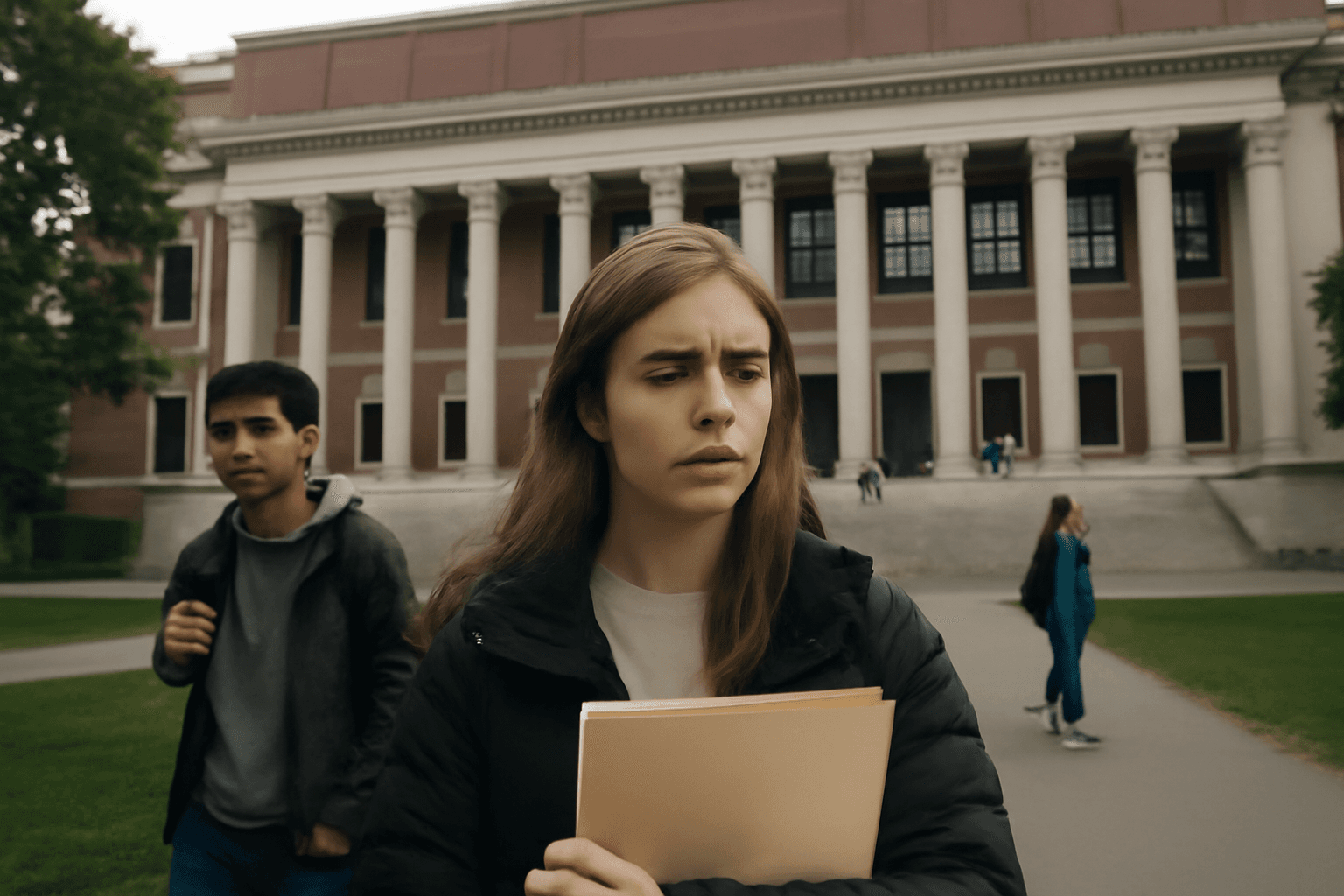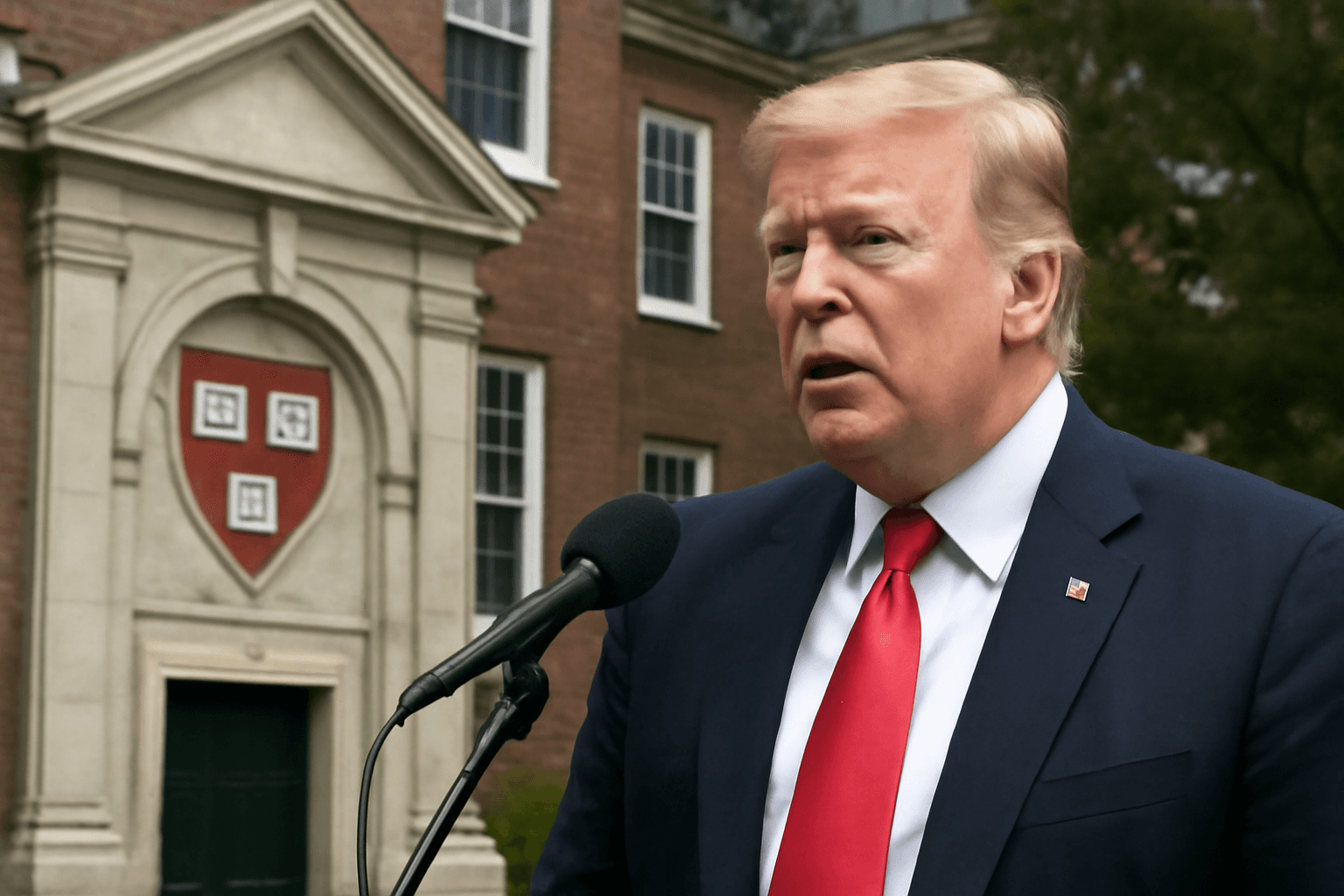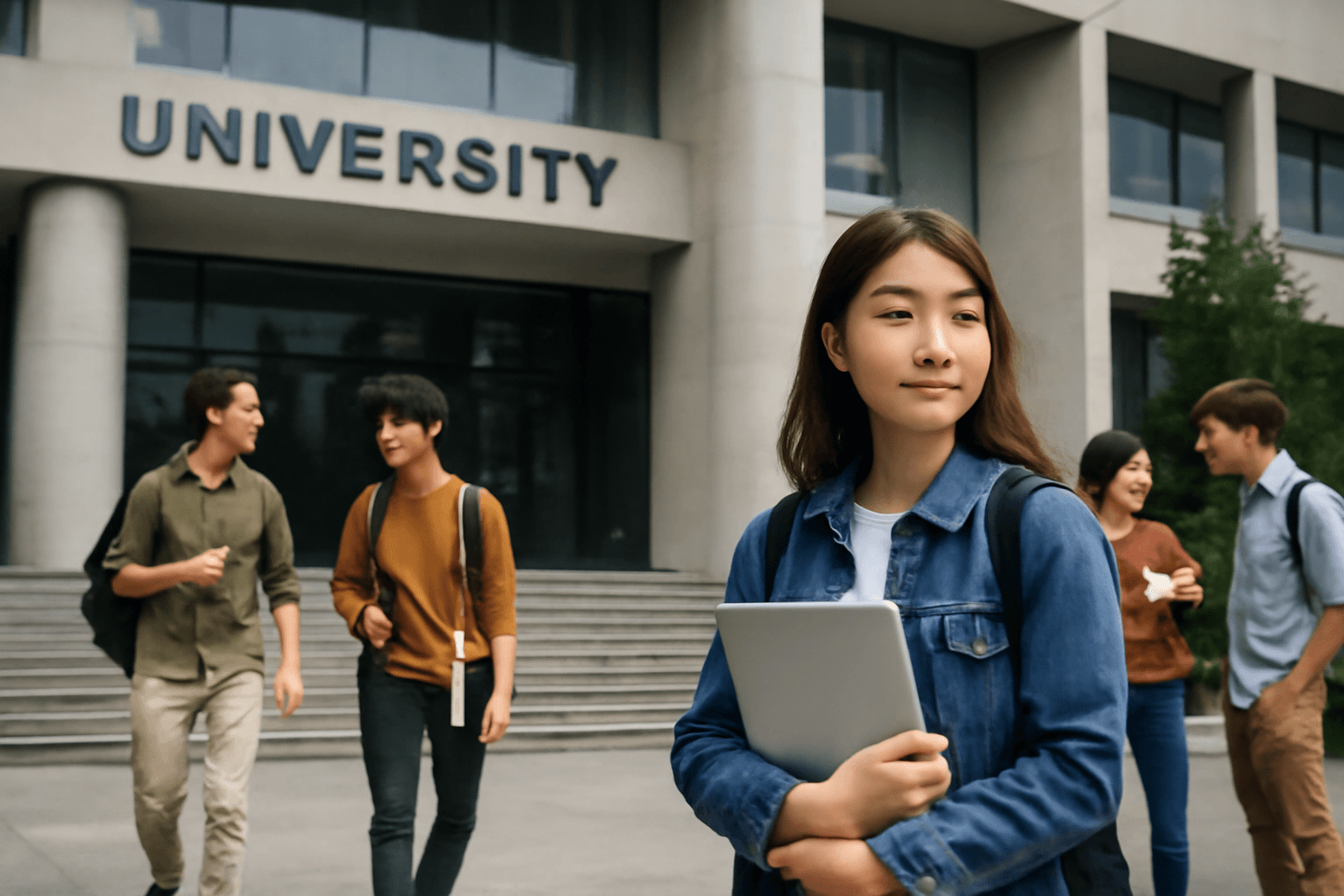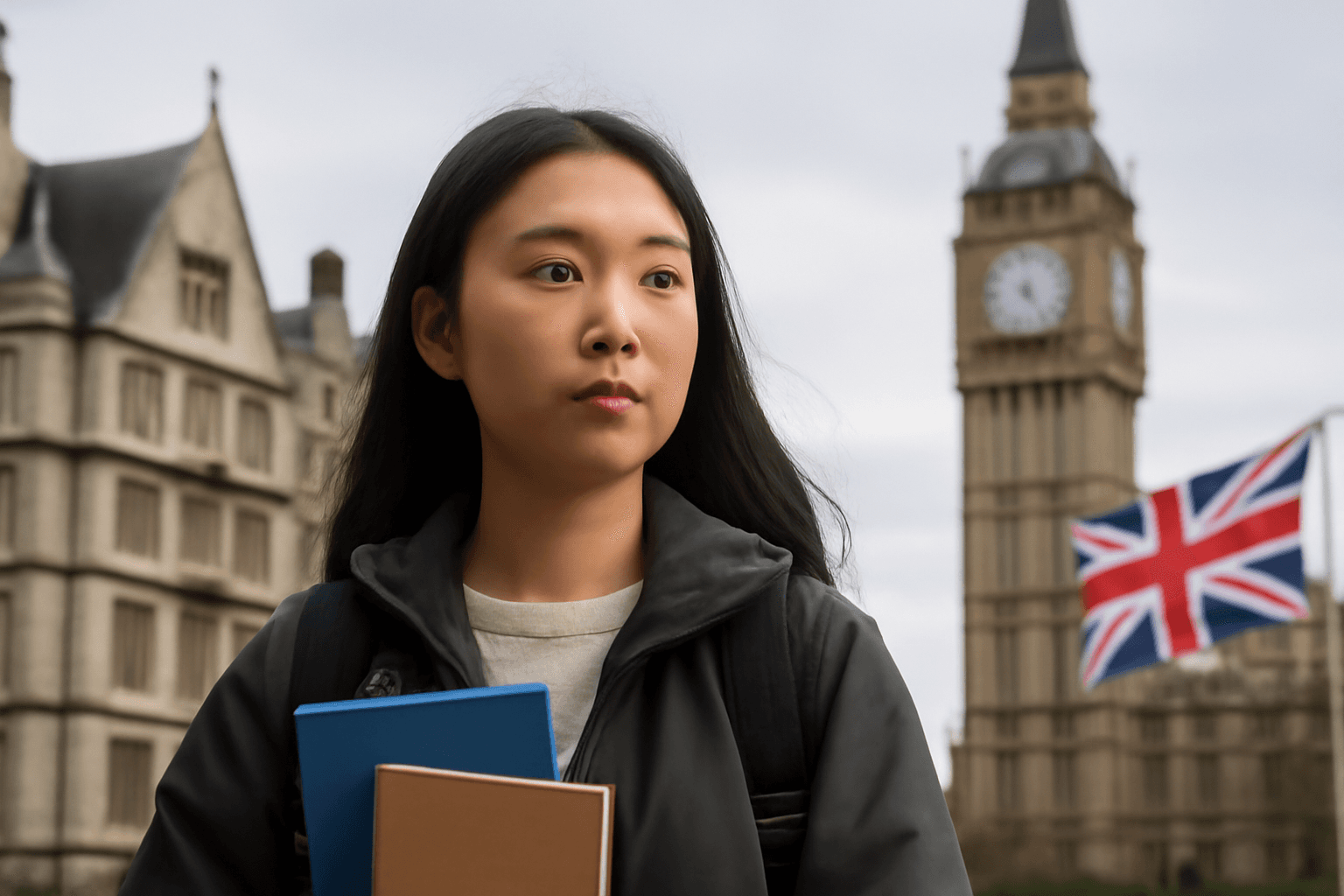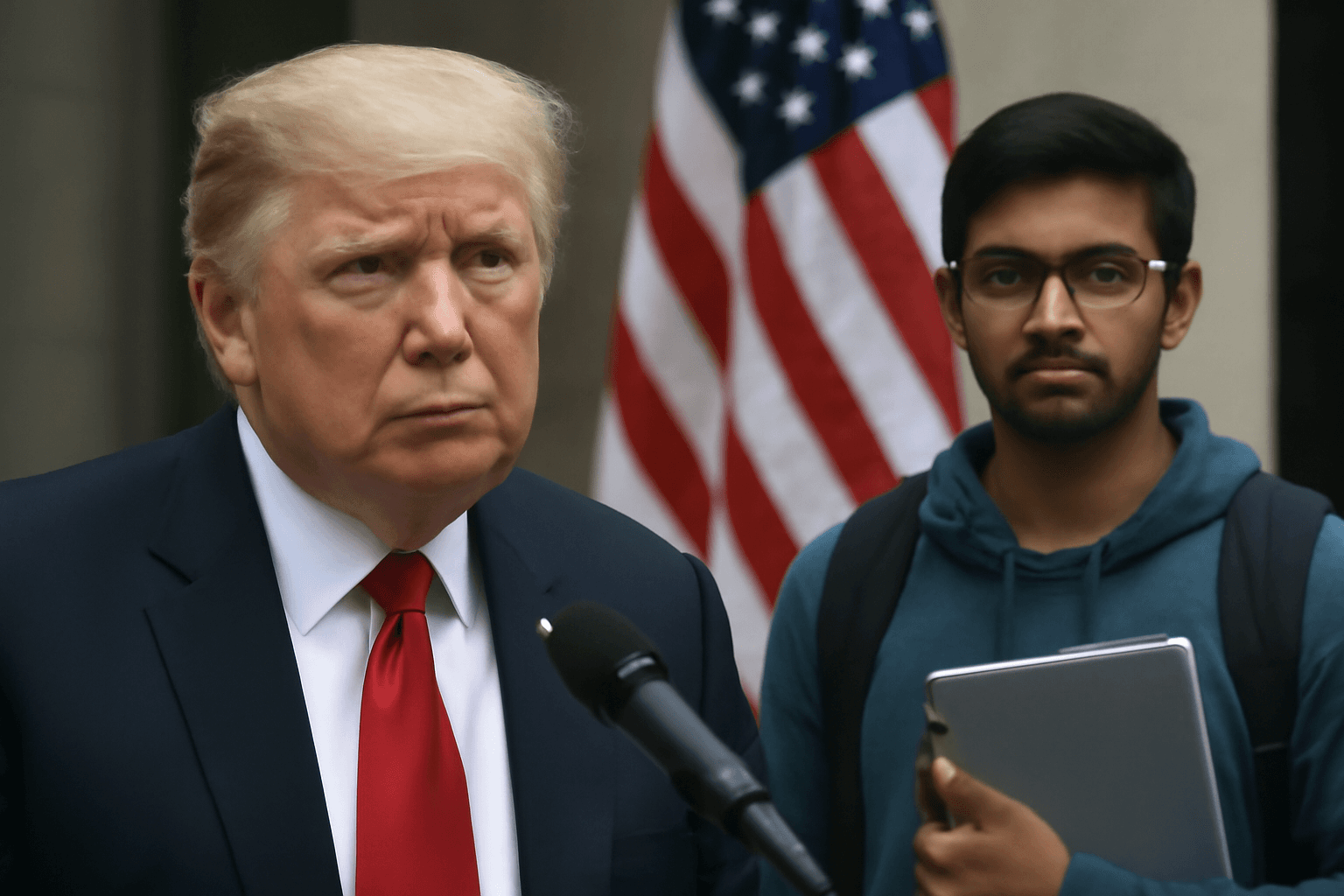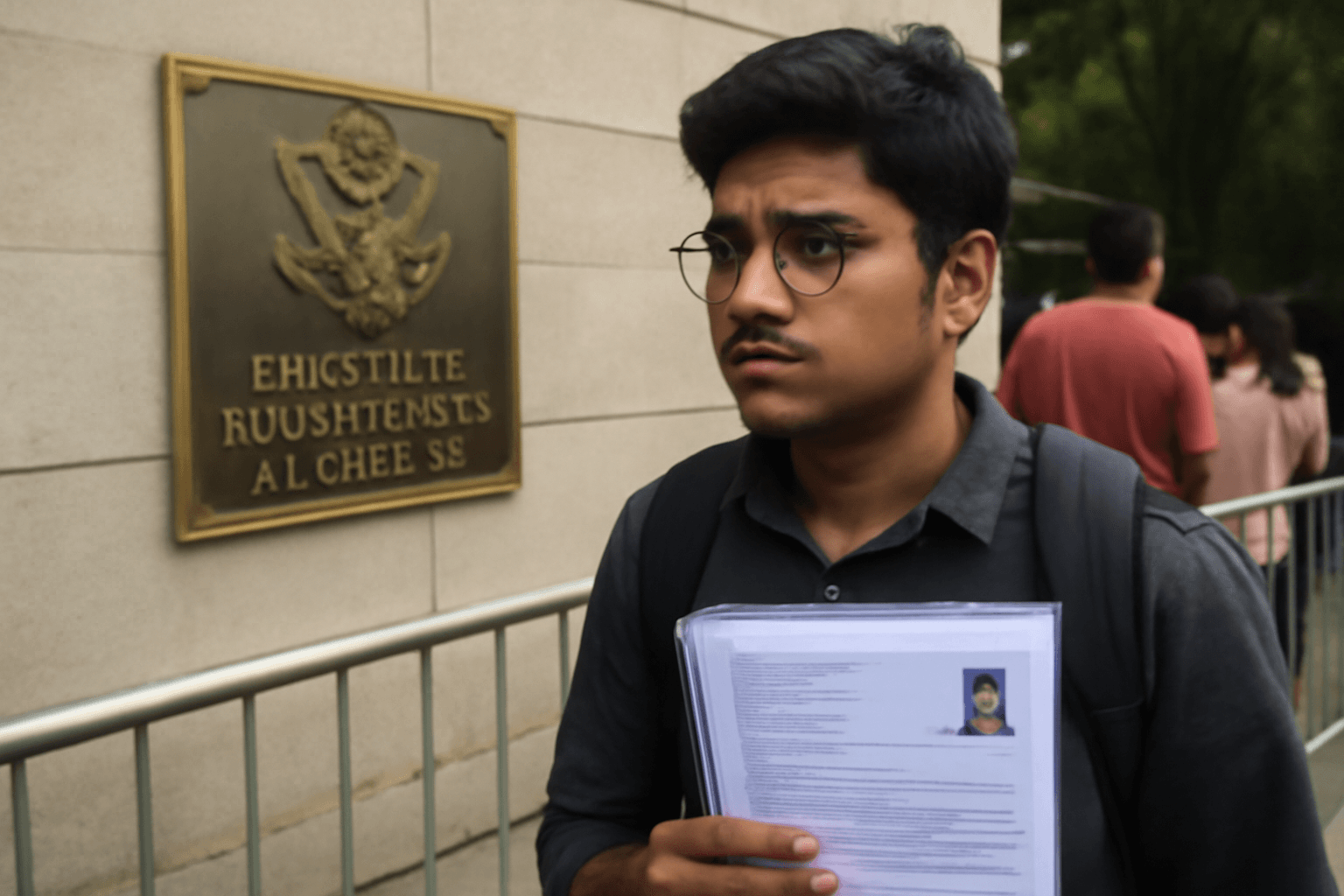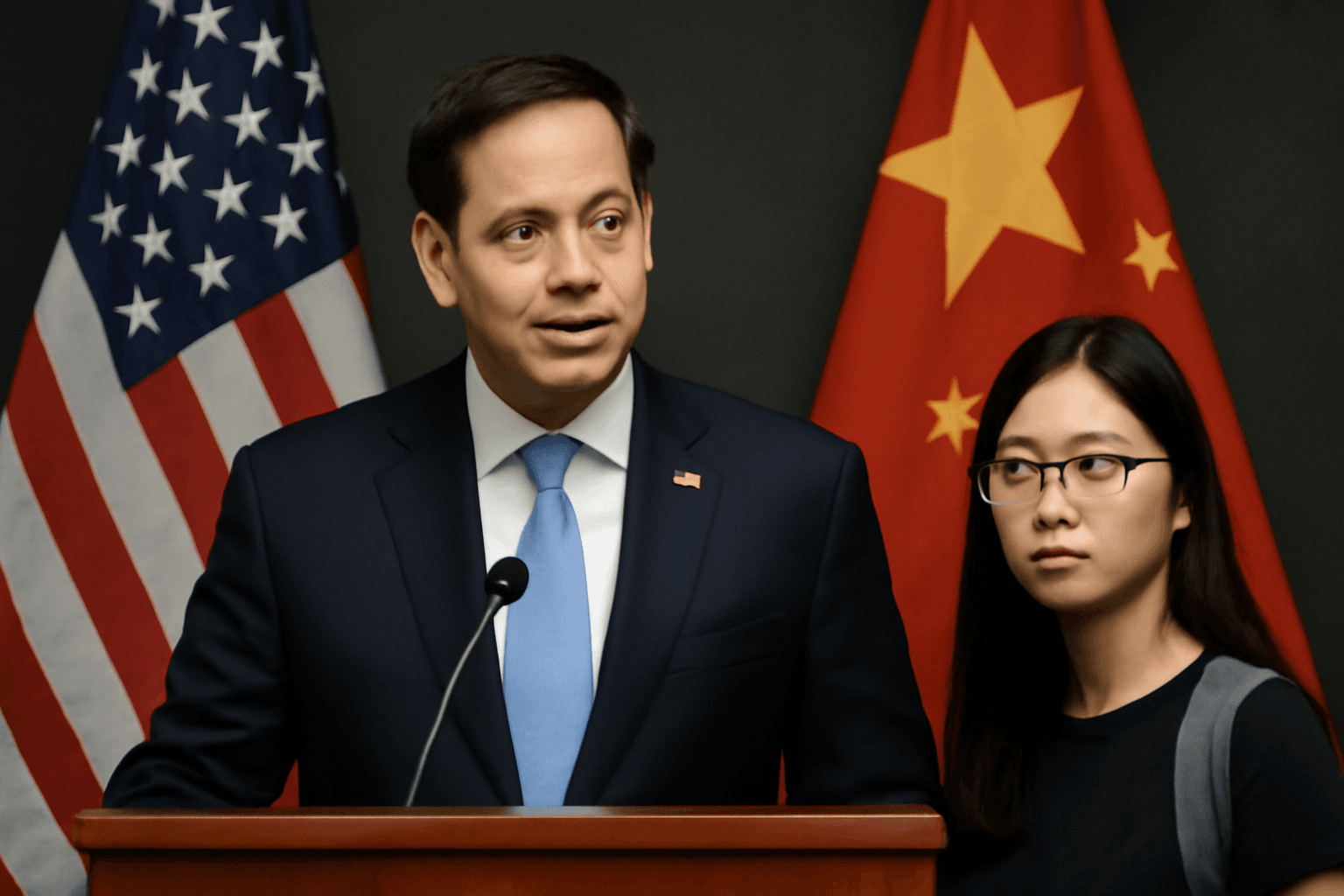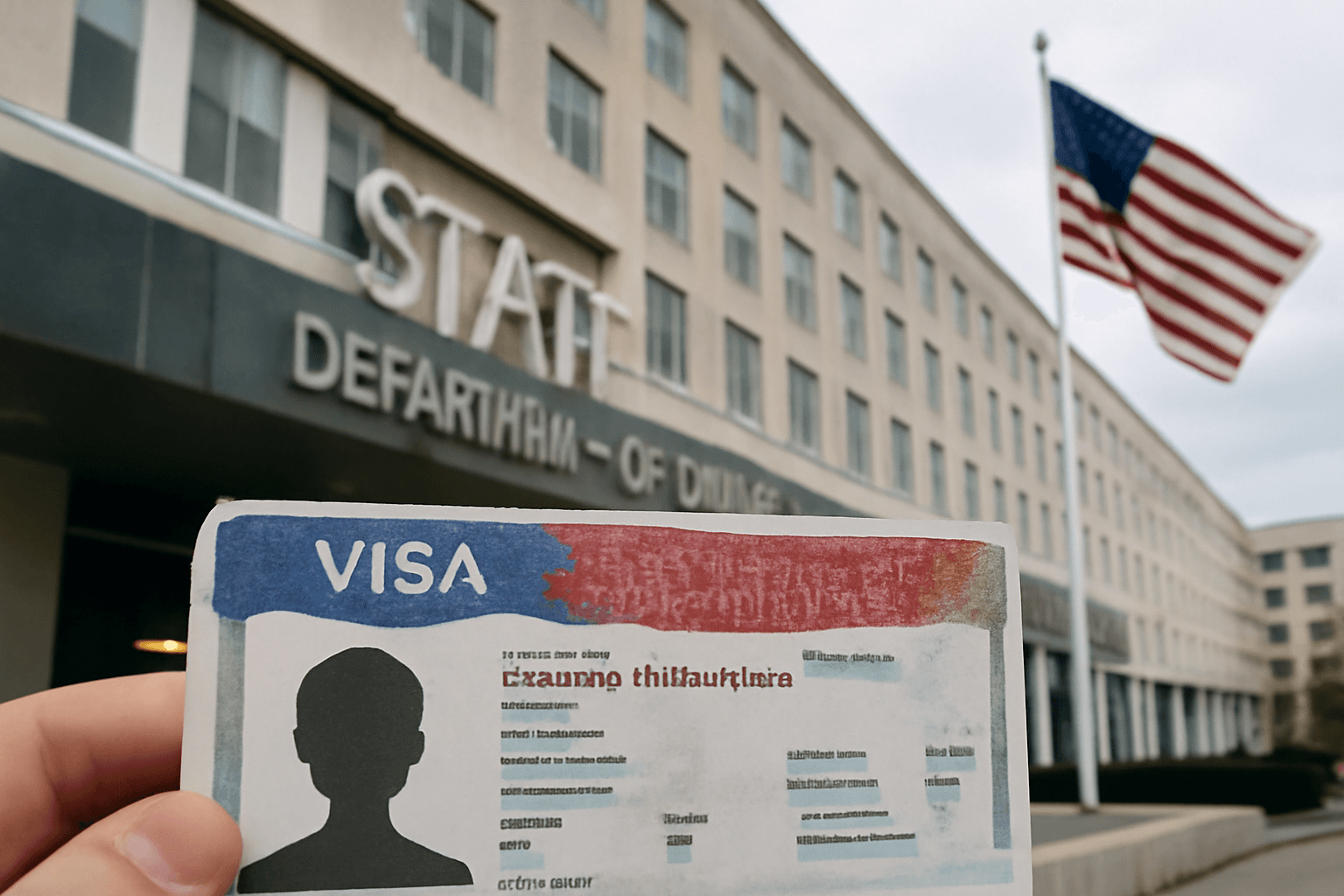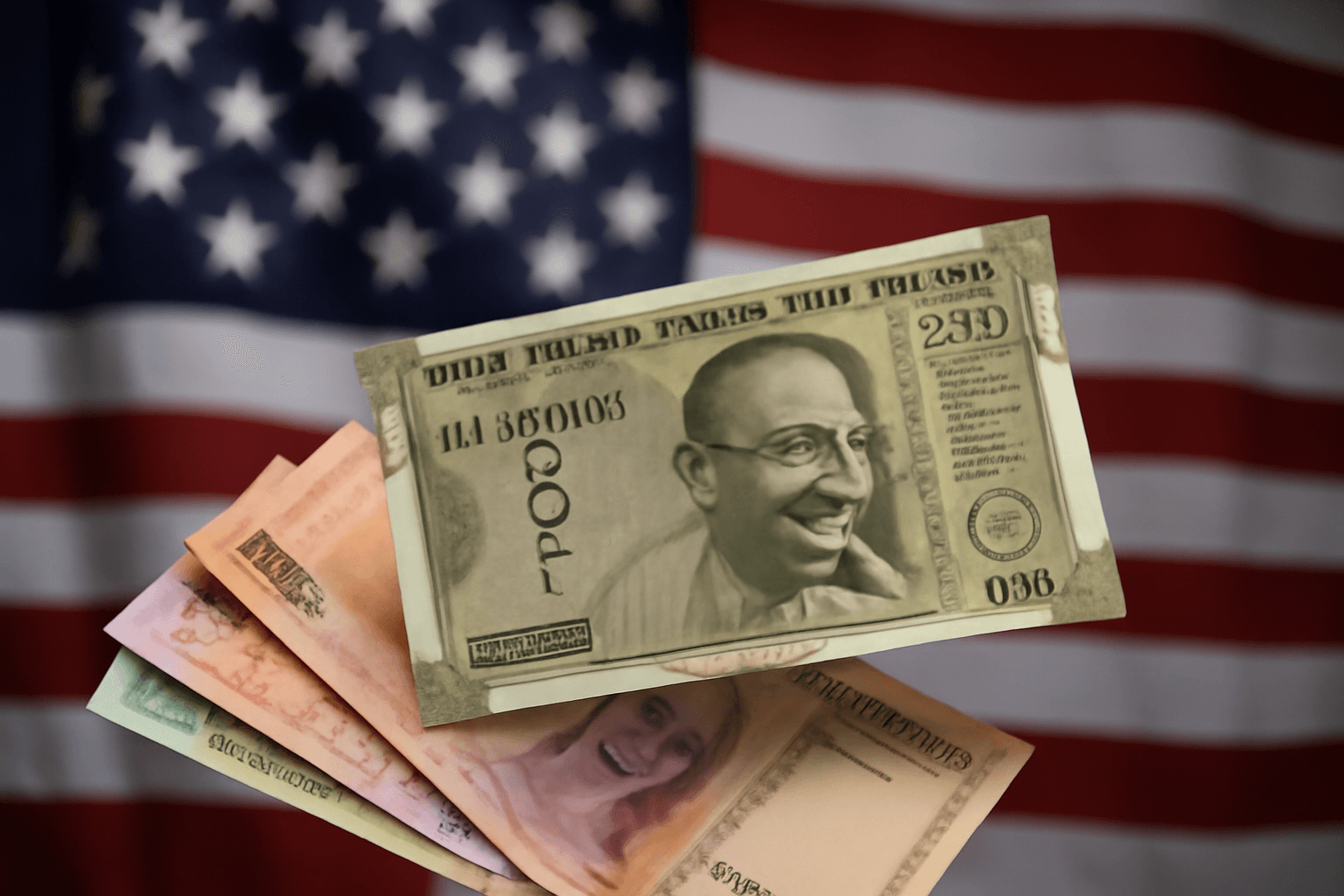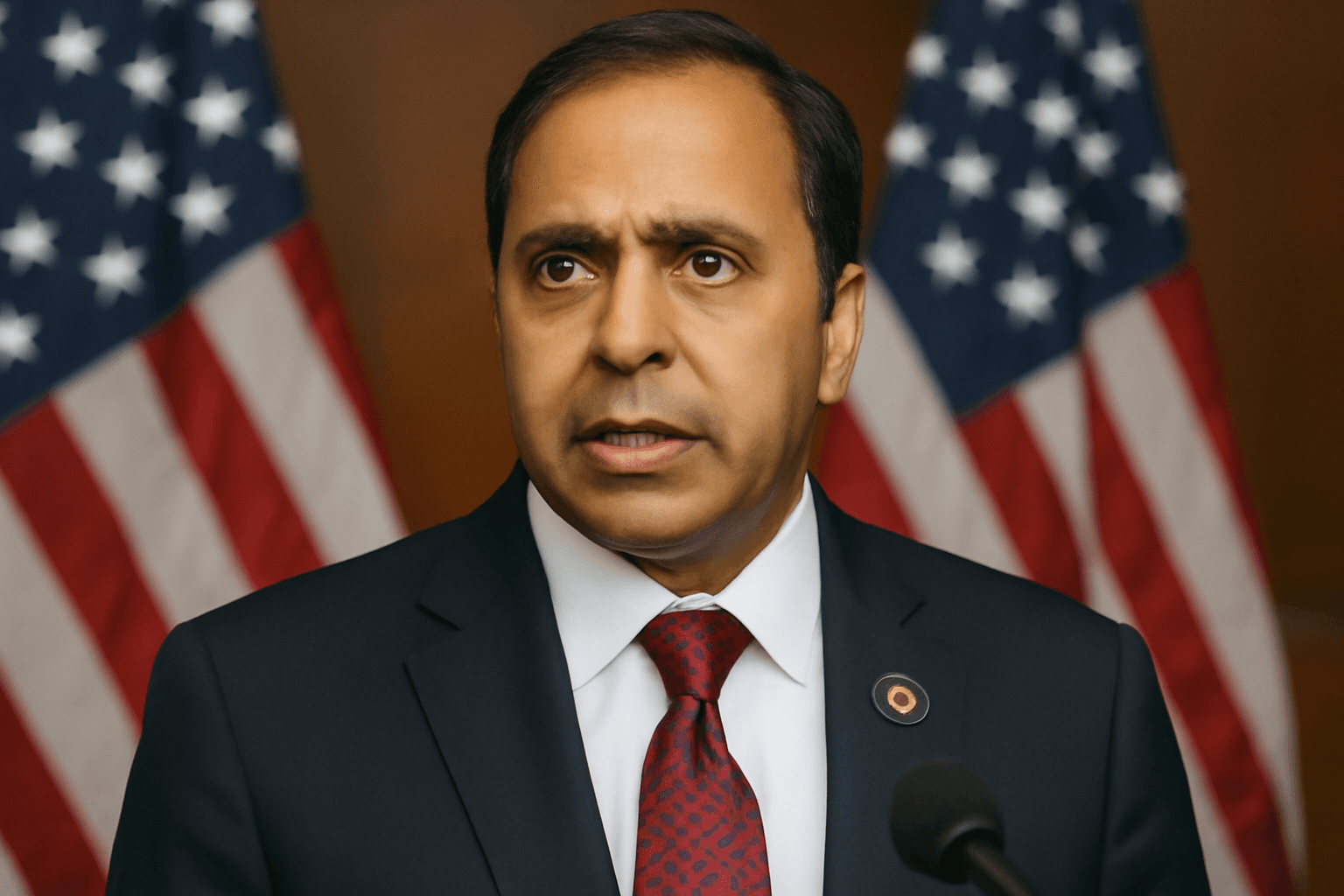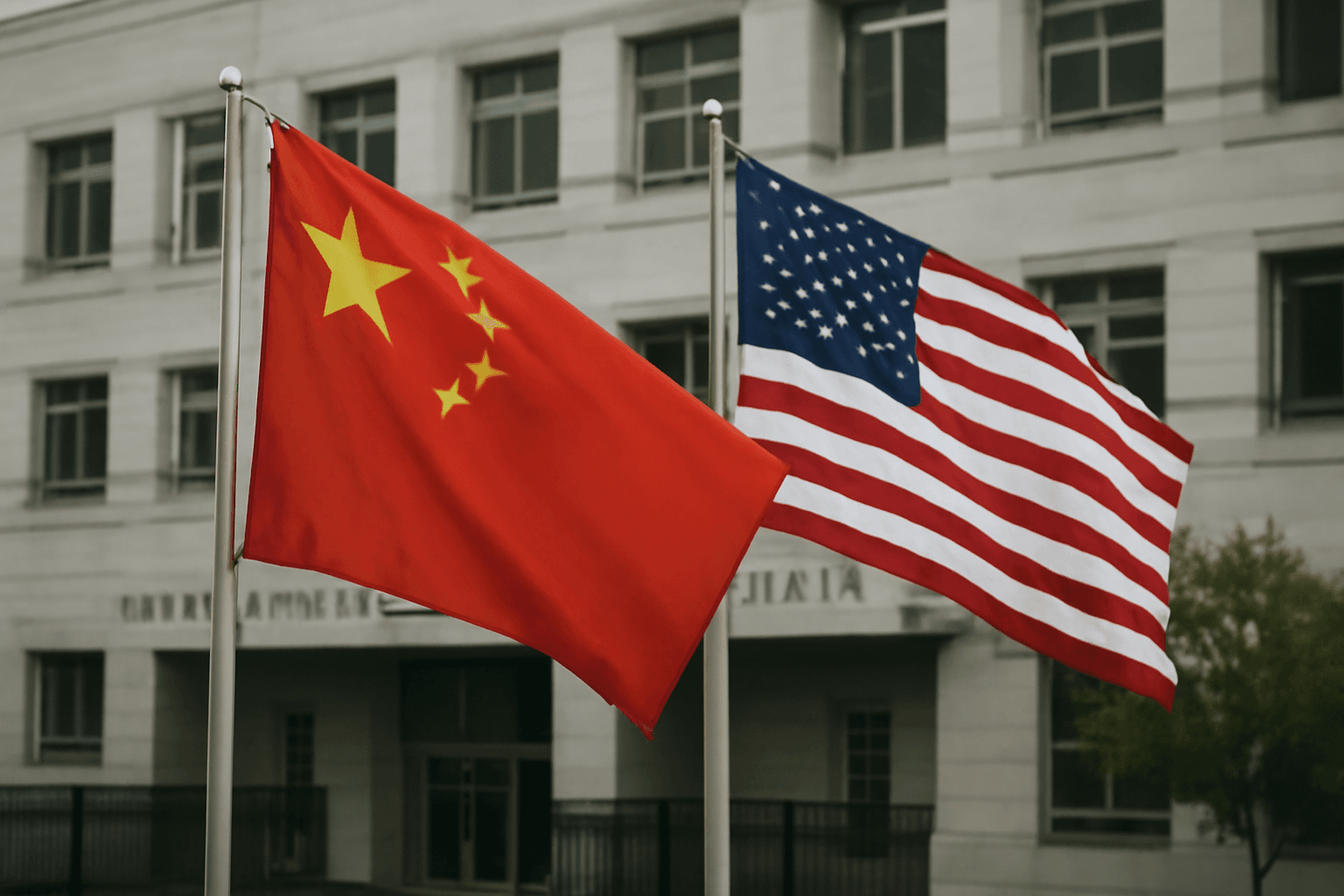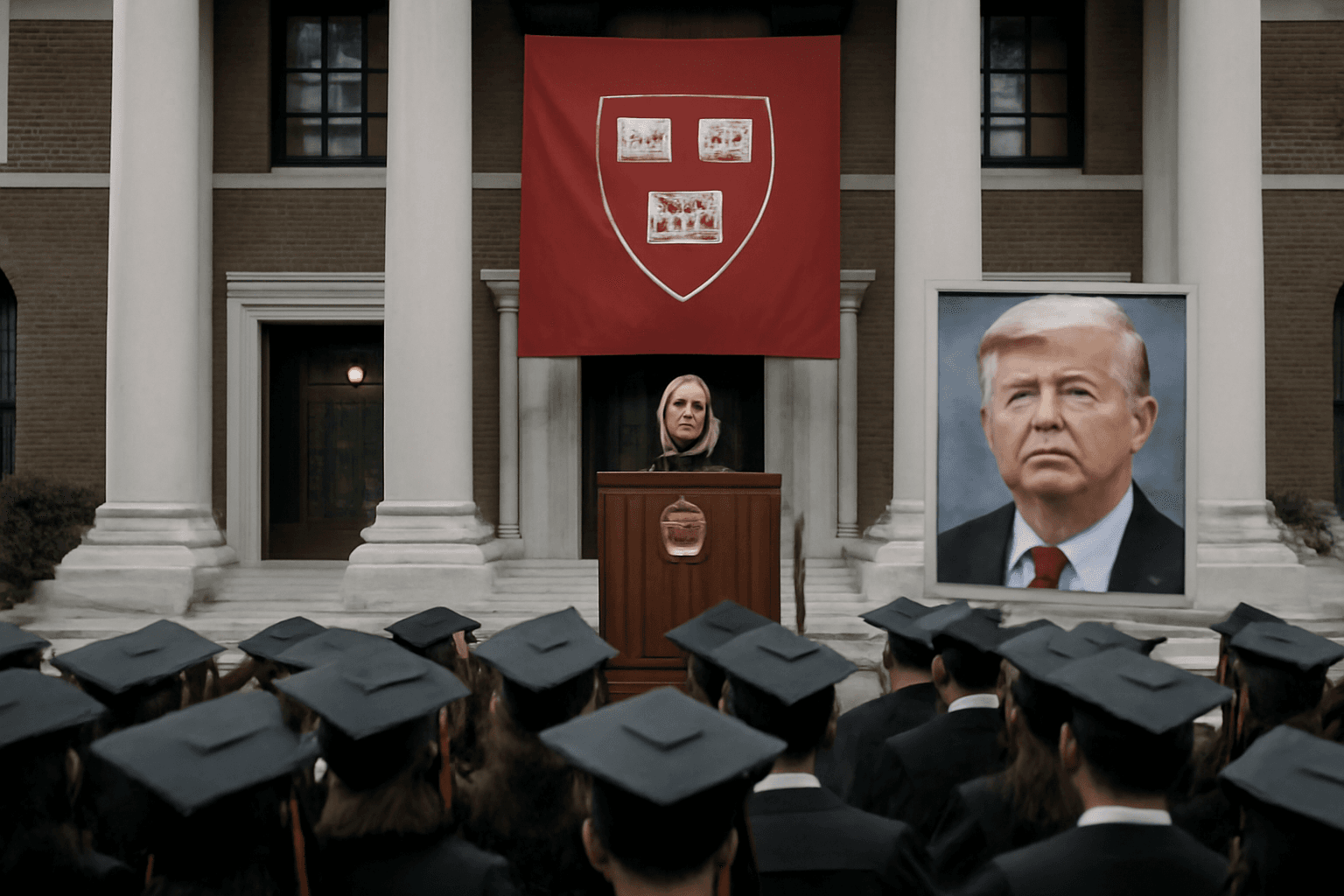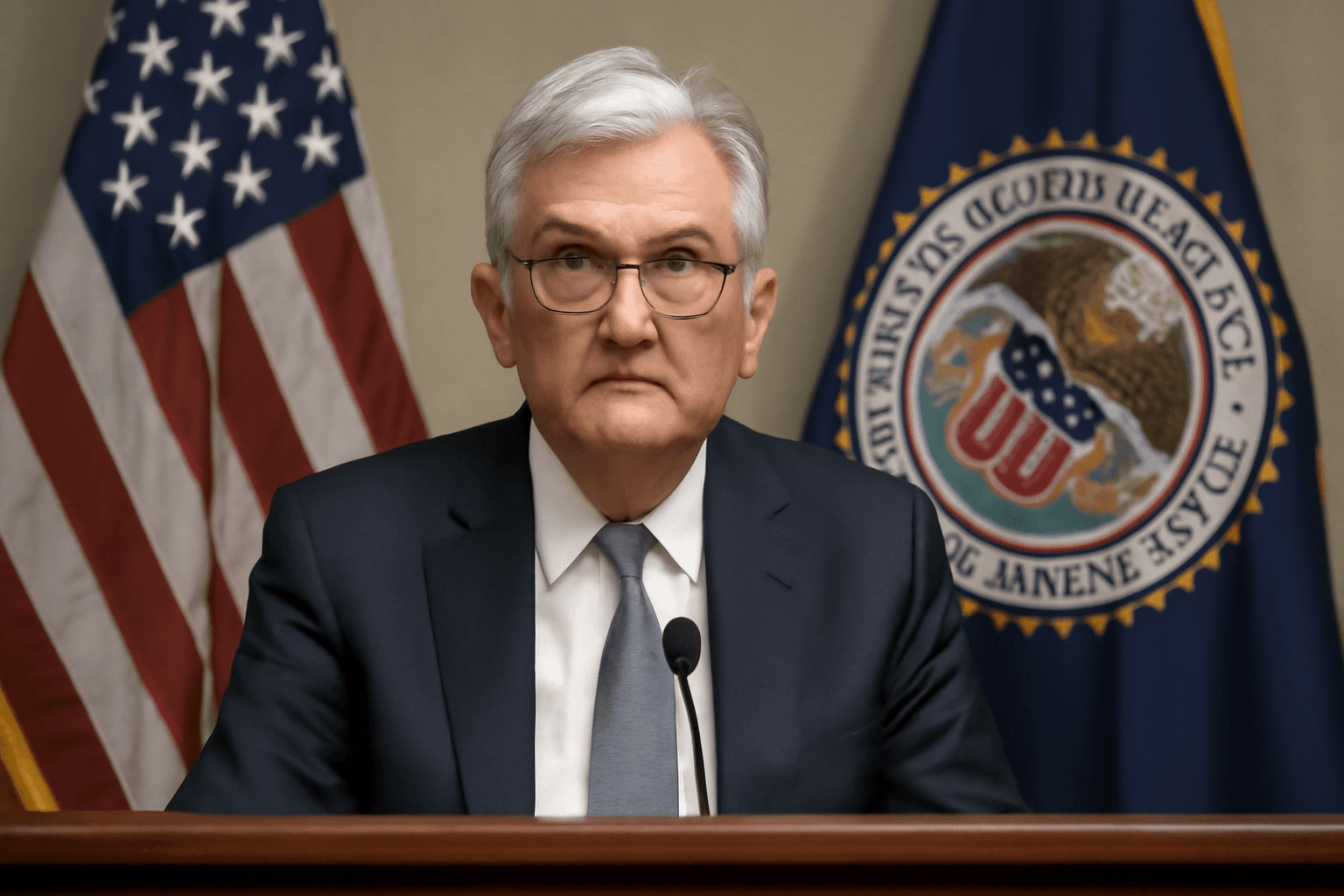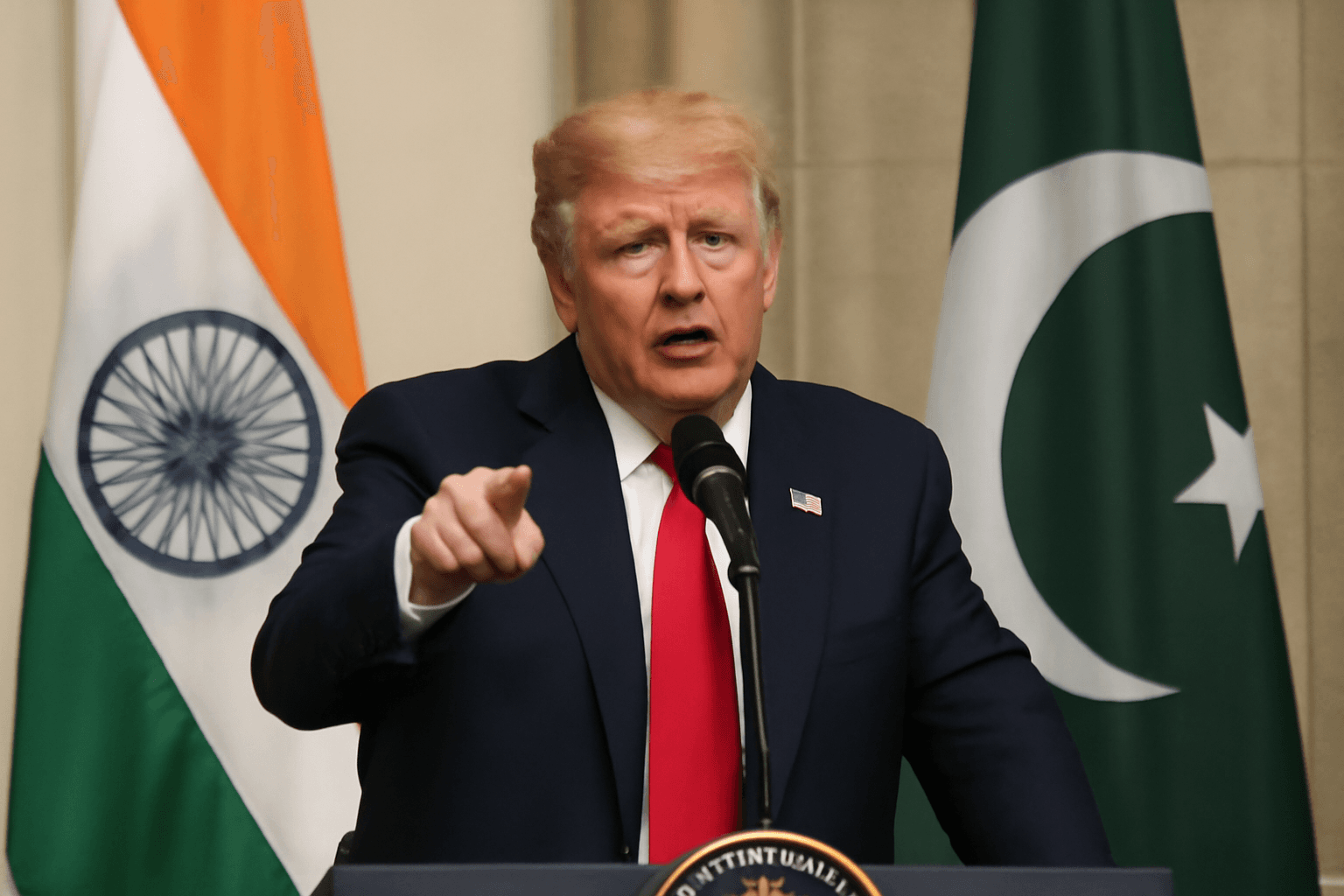Amid escalating tensions between former US President Donald Trump’s administration and elite American universities, a new, stringent vetting process for international student visas has been introduced. This includes enhanced social media surveillance of applicants, significantly impacting Indian students pursuing education in the United States.
Educational consultant Viral Doshi has addressed concerns relating to these changes, emphasizing that the social media checks primarily stem from political activism motives and advising students not to be overly worried. Doshi likened a student’s presence in the US to a guest visiting a host’s house, stressing the importance of complying with evolving rules and regulations.
"When you go to someone’s house, you must follow their rules as a guest. The US is updating its policies, and students need to adapt," Doshi explained. He encouraged Indian students to focus on academic and research opportunities rather than political activism during their stay.
The US State Department recently paused new student visa appointments to implement these social media checks officially. Despite heightened scrutiny, Doshi clarified that these measures are not discriminatory against Indian students alone but apply to all international applicants. He further noted that visa interviews have been temporarily halted, not eliminated, signaling a procedural adjustment rather than exclusion.
Statistics show a sharp rise in Indian students studying abroad. Data from the Ministry of External Affairs reveals that the total number reached 1.8 million in 2025, up from 1.3 million in 2023. Within this demographic, the United States remains the top destination, currently hosting over 330,000 Indian students, marking a 23% increase from the previous year. Notably, India has overtaken China as the largest source of international students in the US.
Despite the regulatory tightening, Doshi reaffirmed America’s enduring appeal, citing its innovation, diversity, and academic flexibility. However, he cautioned students to recalibrate their expectations, warning, "Internships are becoming extremely competitive, and securing jobs post-graduation will be more difficult." According to Doshi, nearly half of his students have struggled to find employment, with internship opportunities dwindling considerably.
Last week, the Trump administration revoked Harvard University’s authority under the Student and Exchange Visitor Program (SEVP), limiting its ability to enrol international students. A federal judge later issued a temporary injunction blocking this action. Doshi reported mixed reactions among Harvard students, many opting to remain enrolled rather than transferring, hopeful that the dispute will resolve in due course.
He remains optimistic about future compromises, urging students to stay patient and maintain a calm outlook. "America remains a top educational destination despite current challenges," Doshi concluded.
This evolving scenario underscores the importance of adaptability for Indian students pursuing higher education in the US amid shifting political and regulatory landscapes.

